Why Did Humans Prefer Keeping Monkeys as Pets from Ancient Times to Modern Era?
The history of using monkeys as pets is deeply intertwined with human civilization, stretching back thousands of years. Monkeys, with their intelligence, agility, and sometimes human-like behavior, have captivated humans and become part of various aspects of human culture, including being kept as pets. In this content, we provide a brief overview of the history of pet monkeys, exploring their role in human societies from ancient times to the modern era.
In ancient times, monkeys held symbolic significance in various civilizations.
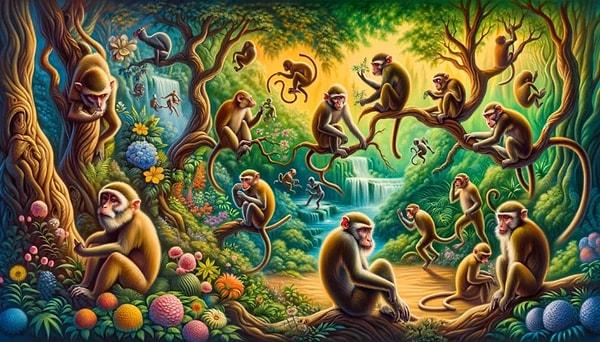
For example, in ancient Egypt, monkeys were often associated with the wisdom god Thoth and were sometimes kept as pets by nobles and religious figures. These creatures were not only domesticated companions but also respected symbols of divine qualities reflecting the complex interaction between religious beliefs and the natural world. Similarly, in ancient Greece and Rome, monkeys were admired, and references to them can be found in mythology and literature.
During the Middle Ages and the Renaissance, monkeys were seen as symbols of wealth, power, and elegance by European aristocracy and nobility.
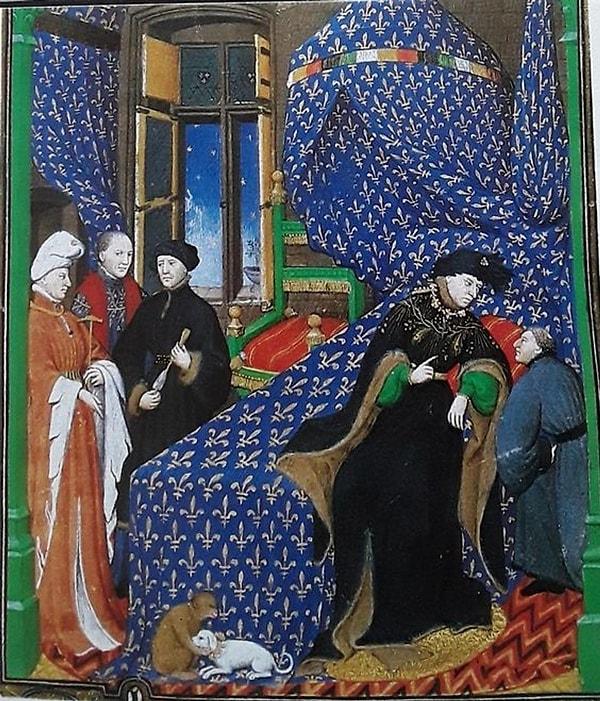
As exotic treasures from distant lands, monkeys adorned the palaces of rulers and aristocrats, enriching the grandeur of medieval and Renaissance life. Beyond their decorative value, monkeys were valued for their entertainment and amusement abilities, further enhancing their owners' prestige as cherished pets among the elite.
During the colonial period, an increase in the popularity of keeping monkeys as pets was fueled by the exploration fervor of European adventurers and the expanding trade networks of the time.
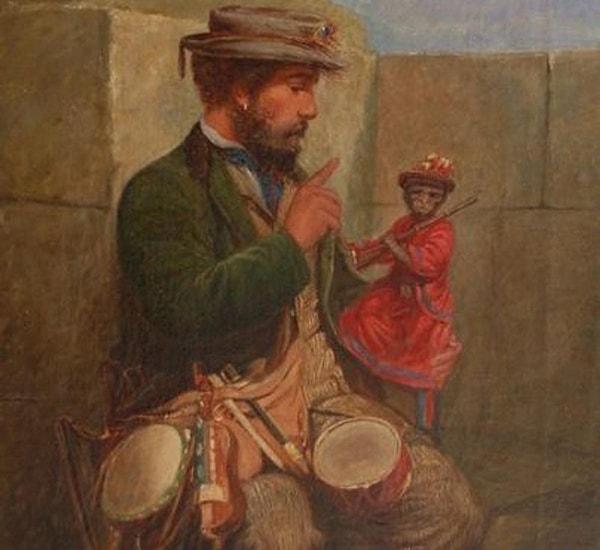
Monkeys became tangible reminders of exotic places and distant shores for wealthy traders and colonial administrators. Their presence in private menageries and exotic collections reflected the expanding horizons of global exploration and cultural exchange.
By the 19th century, with the rise of the middle class and the allure of exoticism and novelty, some embraced the trend of keeping monkeys as pets.
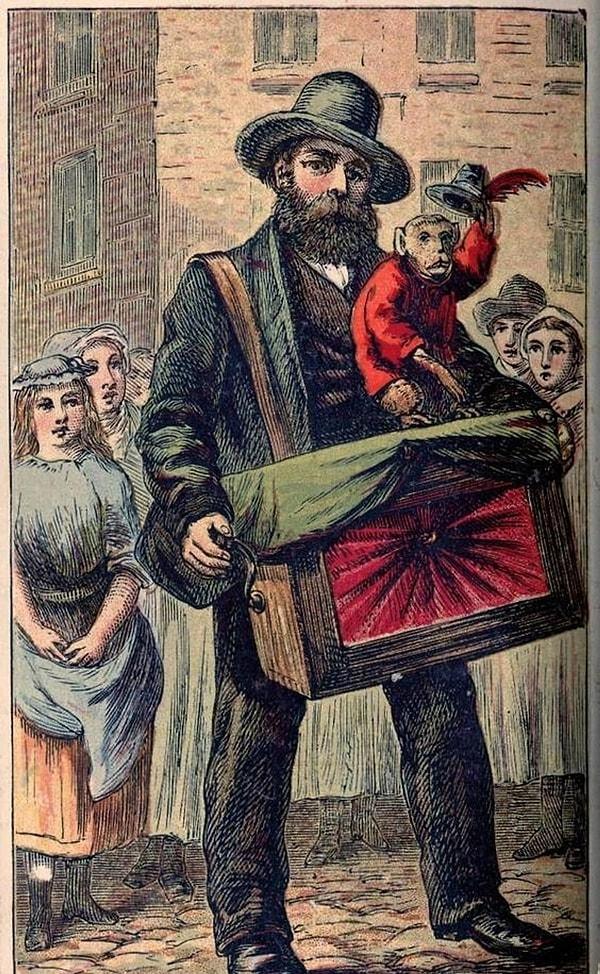
Monkeys symbolized prosperity, entertainment, and universality, enriching their owners' lives with their captivating presence. With urbanization and industrialization, domesticated monkeys began to be seen as symbols of social status and cultural sophistication. They were also dressed in costumes and trained to perform tricks for entertainment.
While some continued to keep monkeys as pets due to their fun and intriguing nature, increasing awareness of the ethical and practical challenges of keeping them in captivity has emerged.
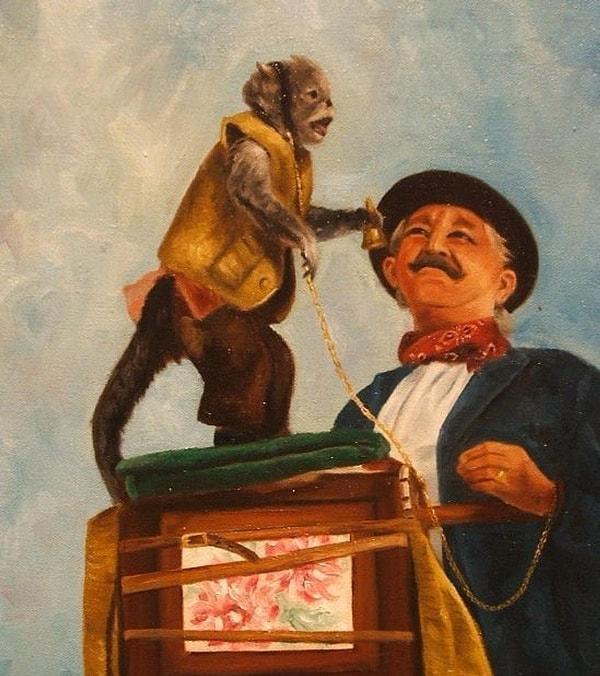
Many countries have enacted laws and regulations governing the ownership of pet monkeys, with some outright banning the practice due to concerns about animal welfare and public safety.
In summary, the history of pet monkeys reflects humanity's admiration for these intelligent and charismatic creatures.
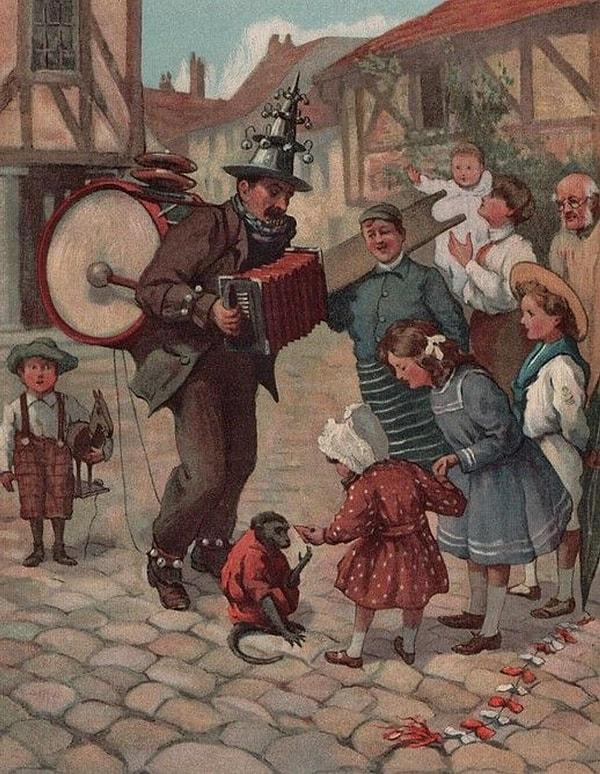
From ancient civilizations to the present day, monkeys have been valued as companions, sources of entertainment, symbols of wealth, and status. However, the practice of keeping monkeys as pets continues to raise significant ethical, practical, and legal issues shaping attitudes and policies regarding monkey ownership.
Keşfet ile ziyaret ettiğin tüm kategorileri tek akışta gör!


Send Comment